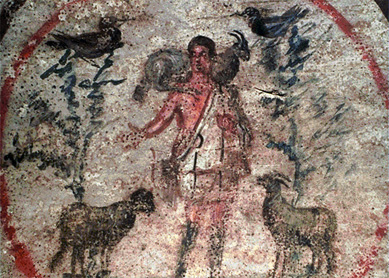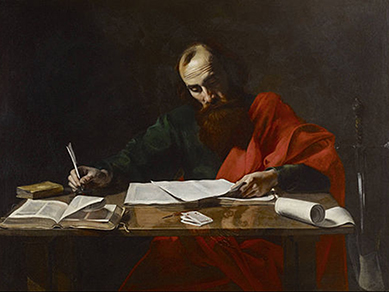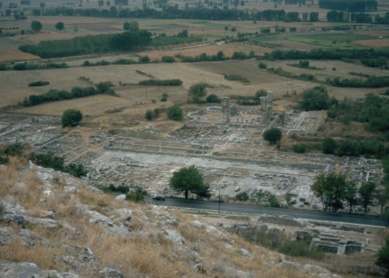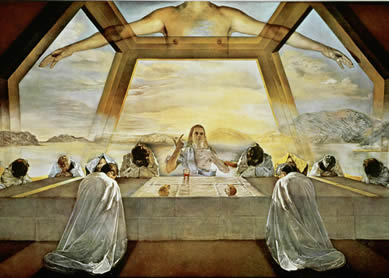Church governance is the basis on which churches are organized and operate. This especially includes the structure of ministries and their leadership.
How much does the Bible either say or require about the governance of churches in the mid-first century CE?
Details about how the earliest churches operated can largely only be deduced from the book of Acts and the New Testament letters. These should be read with historically and culturally informed lenses. Paul is presented as one of the authors of most of these letters, engaging with churches or their leaders over questions of both theology and practice. We do not have access to any constitutional documents from the apostles about church governance.
The period reflected in the New Testament texts overlaps with the birth, growth, and geographical spread of the earliest churches—a period of significant variation and change. There is no evidence that the apostle Paul expected a single, universal pattern of church governance throughout this period and across all regions. Neither do we find that the other apostles imposed such a model. In his letters, Paul, our dominant source, refers in different places to leaders, presiding individuals, spiritual people, apostles, prophets, evangelists, pastors, teachers, deacons, overseers (sometimes translated bishops) and elders (Rom 12:6-8 ; Rom 16:1-2 ; Phil 1:1 ; 1Thess 5:12-13 ; 1Cor 16:15-18 ; Gal 6:1-6 ; 1Tim 3:1-13 ; 1Tim 5:17-22 ; Titus 1:5-9 ). These terms more often describe function, rather than are used as titles. Not all of these functions were fulfilled in all churches. None of them seems to have been more widely used than another. Paul’s main emphasis and critique are on how people should lead, focusing on their character and gifting, rather than on questions of hierarchy, organization, or structure. Significantly, leaders should set an example for others to follow, rather than be distinct from them by virtue of their position.
How much of the Bible’s description or instruction about church governance was intended to be relevant to churches of a different time, with a different culture and set of practices?
The most significant factors for determining the relevance of the New Testament texts to later patterns of church governance are the size and location of congregational meetings and the historical and cultural differences between those times and later contexts. The earliest churches met mostly in private homes and were influenced by their contemporary, social norms for relationships between hosts (husband and wife, and sometimes just a male or a female head of household) and their guests (including children). Traditional hospitality suggests that a shared meal was a central practice in their meetings (Acts 2:46 ). In reading the New Testament sources, we should recognize the difference between descriptive and prescriptive statements about church life and note that these statements were initially intended to be applied within domestic contexts. In subsequent centuries, varying features have been emphasized by different denominations (episcopal, congregational, or presbyterian), and mostly reapplied in professionalized ways to contexts very different to the first-century, Mediterranean, domestic setting.





